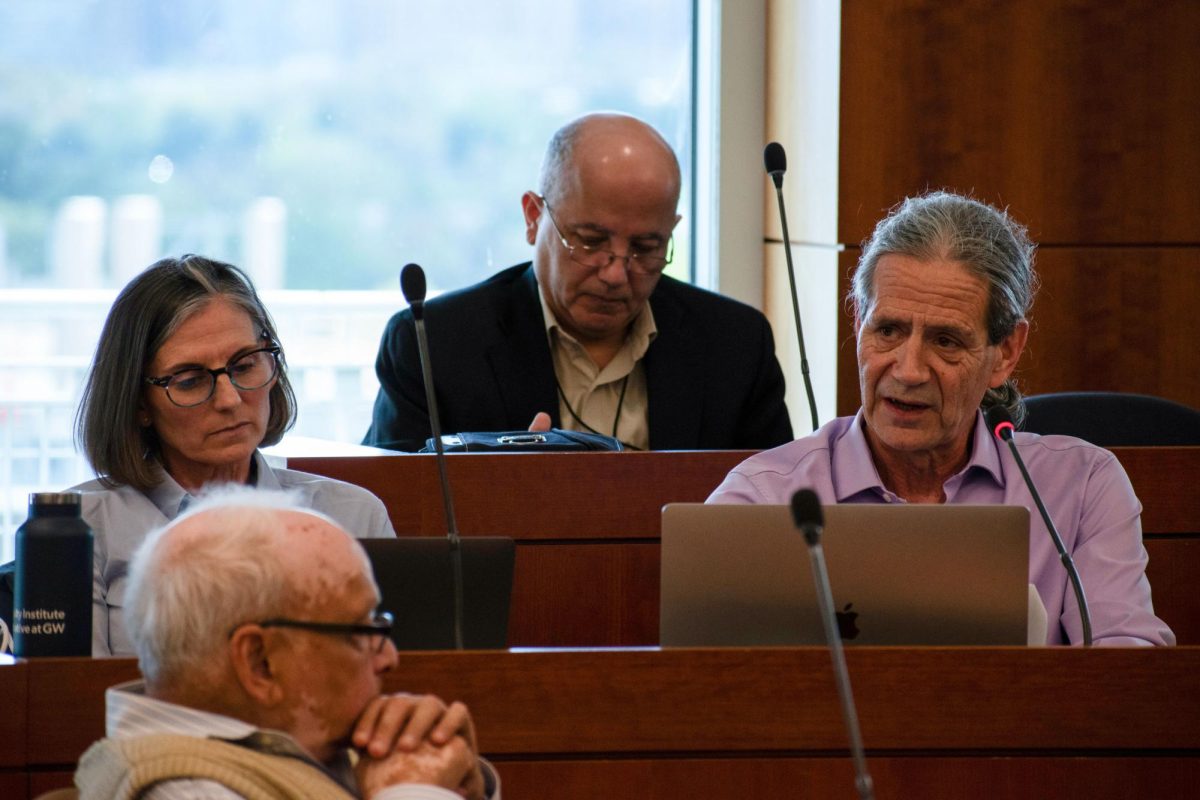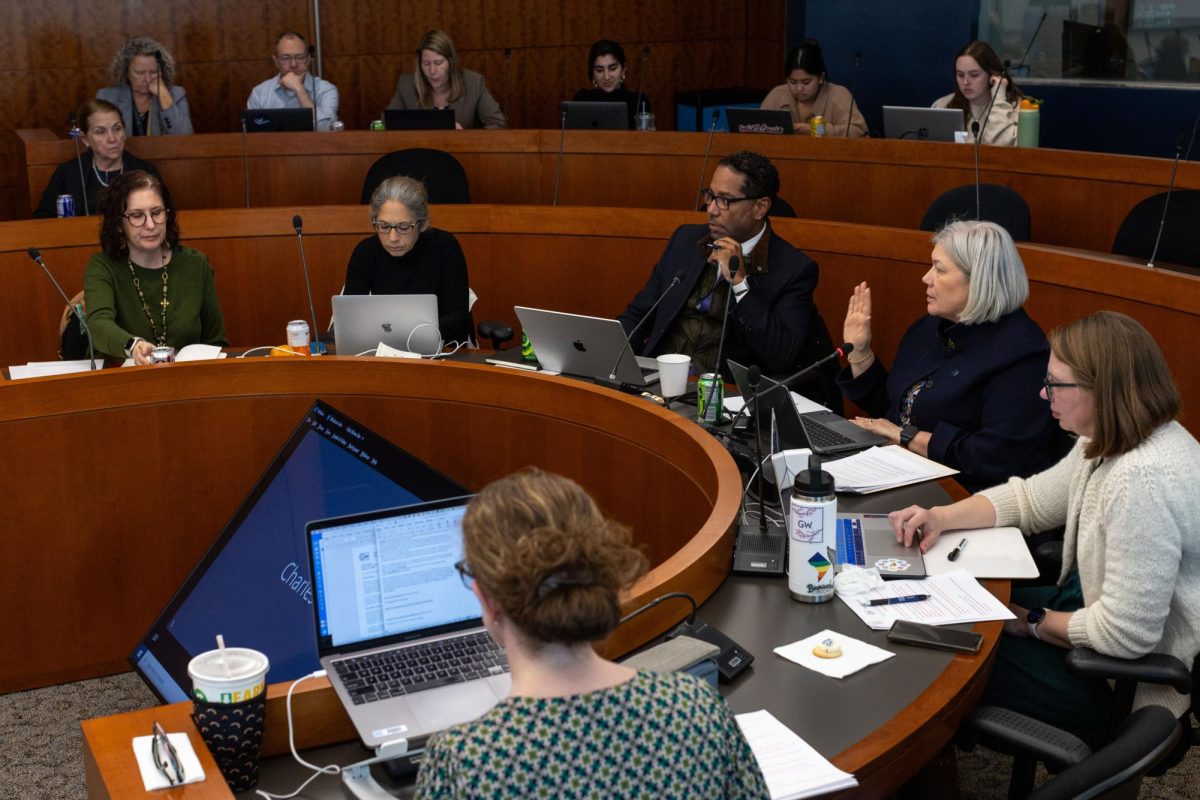Updated: Dec. 17, 2020 at 1:07 p.m.
Officials presented a summary of findings from a Faculty Senate executive committee survey of faculty members who were involved in discussions for some of Provost Brian Blake’s major planning initiatives at a senate meeting Friday.
The initiatives include academic technologies and the centralization of information technologies, sponsored research support, an academic master plan and student enrollment. Most respondents said Blake presented little to no data to support his plans and did not follow their recommendations for changes to his plans.
Blake said in an email that senate representatives were nominated by senate executive committee Chair Arthur Wilson, the executive committee and chairs of various senate committees. He said he also added deans and professional staff related to the topic of the initiative, as well as students.
Blake suspended development of his academic master plan earlier this month after some faculty began a push to hold a vote of no confidence for him, citing a lack of faculty involvement in the planning.
Those involved in the academic master plan said the provost didn’t present any data to the group, though he appeared to have collected information on various departments’ return on investment that was not “shared broadly.” Respondents said Blake “entirely ignored” suggestions they made and the “communication of intentions of the plan was poor.”
“Suggestions made by respondents that the master plan evaluate research, use the available strategic planning documents, use valid metrics and others were entirely ignored,” the results state.
Blake’s academic technologies and IT reform involved the consolidation of GW’s technology offices into one shared-services model as part of ongoing budget cuts. Faculty involved with these efforts said Blake did not present data relevant to their committee and he did not follow most of the suggestions offered by committee members.
“The general perception is that IT services have been degraded during the transition and the results are very negative or at least that it has become measurably more difficult for faculty to get IT support,” the results of the survey state. “The actions by the provost also have undermined morale in the LAI team.”
Officials transitioned the University’s research model in August to a decentralized, pod-based model, which consolidates projects by subject area.
Those involved in the sponsored research support initiative said “few respondents” had the opportunity to offer suggestions to the provost and Blake did not present any data to the committees to support his plan and ignored committee members’ suggestions to keep survey research and analysis at the school level. They said he “promised” that he would not take “significant” actions without consulting committee members but implemented his plan without doing so.
“Operational effectiveness may be compromised, depending on school, or it may be too early to tell,” the results state. “GW lost valuable personnel in the transition.”
Respondents involved in Blake’s student enrollment efforts said he provided “comparative” data from previous years and enrollment targets, but he did not incorporate most of their suggestions into his actions. Some respondents said Blake’s actions did not conflict with what he told the committee, but others said they felt officials did not keep their promise to abandon efforts to decrease enrollment.
“Loss of revenue and necessary austerity measures had to be adopted due to lower enrollment,” the results state.







